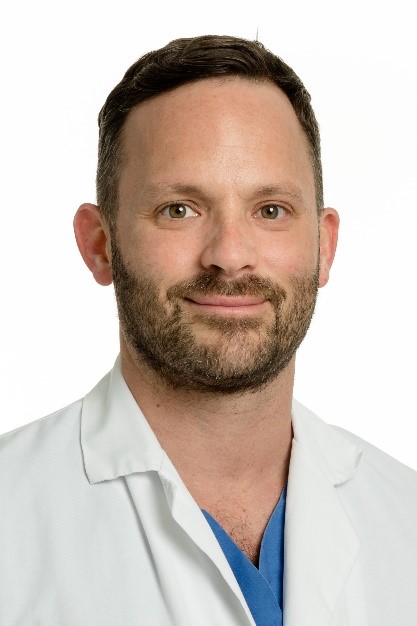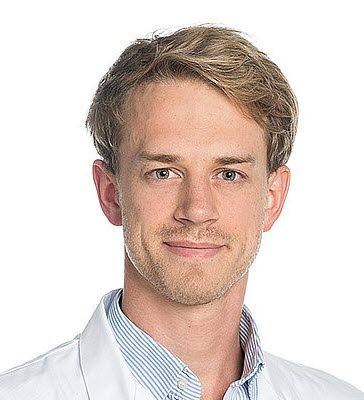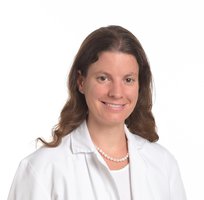
Dr. med. Mandy Müller
Resident
Inselspital, Bern University Hospital, Department of Neurosurgery and Neurology
- mandy.mueller@insel.ch
Research Fields and Projects
Proteomics - A proteomics discovery approach to identify candidate biomarkers of atherosclerotic plaque instability in endarterectomy specimens of patients with carotid disease
Atherosclerotic stenosis of the carotid artery is an important cause of stroke and becomes more prevalent with increasing age, affecting approximately 10% of the population over 80 years of age. The primary mechanism underlying cerebral ischaemia caused by carotid disease is plaque rupture and subsequent embolism to the brain. This has fostered the concept of the unstable or high-risk plaque, which is prone to rupture and cause ischaemic stroke. Previous research showed that high-risk plaques associated with ipsilateral strokes can be identified with imaging techniques. To date, evidence supporting the use of biomarkers to identify patients with high-risk carotid plaques is limited. Comparison of protein expression patterns by proteomics techniques in imaging-defined high-risk versus low-risk plaques might provide further insight in biological mechanisms associated with plaque instability and identify potential biomarkers which might be clinically valuable in predicting cerebrovascular events. The aim of this study is to identify differentially expressed proteins in endarterectomy specimens of patients with high- versus low-risk carotid plaques. The results of this study may help identify proteins only found in high-risk plaques. This may eventually lead to the discovery of new proteins or biomarkers helping in identifying patients with carotid disease who are at risk of stroke and benefit from carotid surgery.
Carotid free-floating thrombus
Carotid free-floating thrombus (CFFT) is a rare finding in stroke patients. but is associated with a high short-term risk of recurrent ischaemic events. Nevertheless, the optimal treatment of these patients remains unclear and evidence supporting surgical or conservative treatment is lacking. We therefore aim to conduct a retrospective analysis of all consecutive patients presenting with CFFT at our center between 2004-2020 and investigate the natural history in these patients as well as whether early surgical treatment is safe.
Research fields
- Extra- and intracranial atheromathosis
- Aneurysms and SAH
- Vascular malformations
Key Publications
Team and Collaborations
Team

- Name / Titel
- Prof. Dr. med. David Bervini
- Funktion
- Consultant
- david.bervini@insel.ch

- Name / Titel
- Dr. med. Johannes Goldberg
- Funktion
- Resident
- johannes.goldberg@insel.ch

- Name / Titel
- Prof. Dr. med. Mirjam Heldner
- Funktion
- Attending
- mirjam.heldner@insel.ch
- Name / Titel
- Dr. med. Nikolaos Raptis
- Funktion
- Resident
- nickrapt@yahoo.gr
Curriculum Vitae
| Overview | ||
|---|---|---|
| Resident surgeon | 2014 - 2015 | Biel (CH) |
| Basic examination in surgery | 2015 | |
| PhD with a doctorate in medicine | 2017 | University of Basel (CH) |
| PhD (Dr. sc. med.) in Clinical Research | 2015-2018 | University of Basel (CH) |
| Neurotrauma Fellowship | 2019-2020 | Medical University 1 Yangon, Myanmar (MYA) |
| Promotion | 2020 | University of Basel (CH) |
| Resident | since 2018 | University Hospital Inselspital, Bern (CH) |
